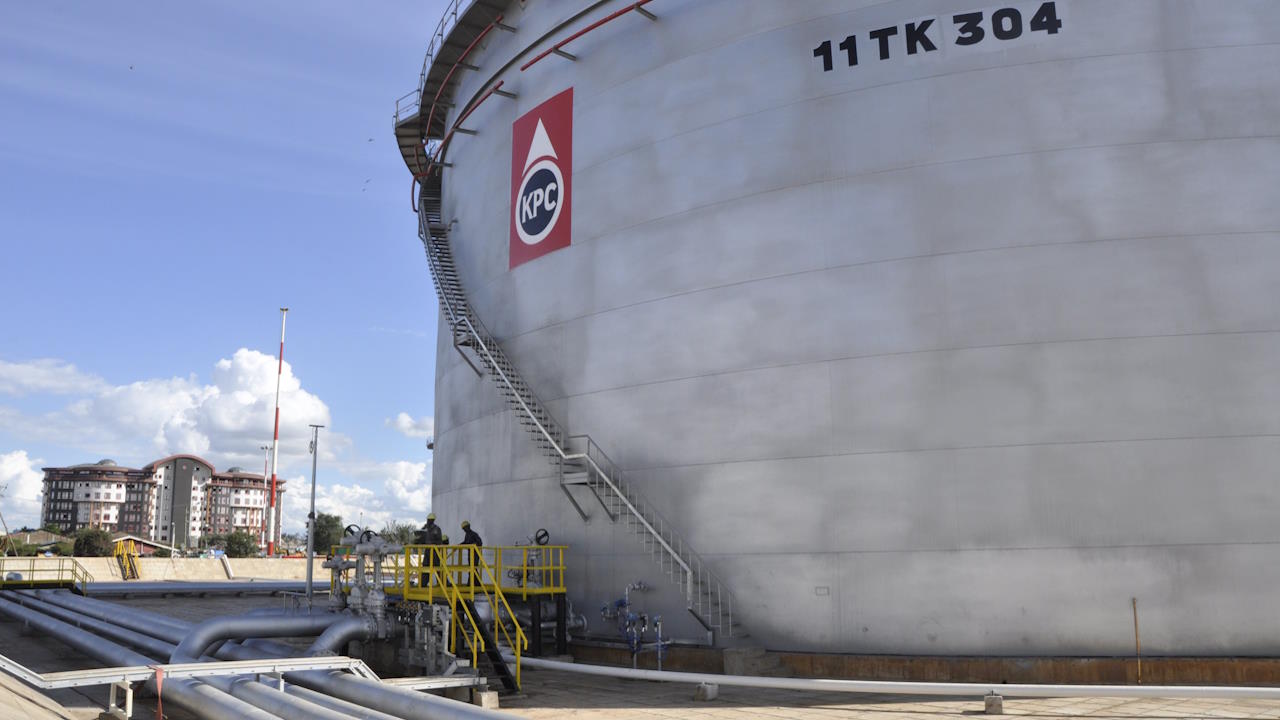
Uganda requested permission to use the Kenyan pipeline to transit fuel from Mombasa to Western Kenya as part of its exclusive fuel supply agreement with Vitol Bahrain, but was reportedly turned down by the Kenyan government.
An application by the Uganda National Oil Company, the state-owned company representing the government in the Vitol deal, to register as an oil marketing company in Kenya was rejected in September, allegedly because it did not meet the requirements and because of fears that Uganda would clog the pipeline system at the expense of Kenyan suppliers.
Last week the ministry of energy proposed a bill to authorise the government as the sole importer of fuel into the country from January, with the Dutch Vitol Group as the exclusive supplier. The government claims that this arrangement will lower fuel prices because the previous suppliers – Kenyan entities affiliated with local distributors – were charging excessive mark-ups. The move is also reportedly in response to a similar move by Kenya, which earlier this year signed exclusive petroleum supply agreements with the governments of Saudi Arabia and the United Arab Emirates.
Following the rejection of its request to use the pipeline and oil storage facilities of the Kenya Pipeline Company, Uganda turned to Tanzania as an alternative option. Minister Ruth Nankabirwa led a delegation from the ministry of energy to meet with Tanzanian President Samia Suluhu Hassan over the weekend and provide an update on the deal’s progress.
Currently, Uganda imports about 90 per cent of its petroleum products through Kenya and the rest through Tanzania – because it is cheaper. Kenya’s decision will change this arrangement and increase Uganda’s import costs – although some of the higher charges may be offset by the savings made by Vitol and Unoc. It also means that the Kenyan government will lose out on the revenue it could have earned from Unoc as a registered fuel trader.
Uganda imported petroleum products worth $1.6bn in 2022, according to Bank of Uganda data.
Unoc failed to prove that it would sell at least 6.6 million litres of either petrol, diesel, or kerosene in Kenya, leading to the rejection of its application, according to the Nation Media Group. It also failed to show that it operated five licensed filling stations in Kenya or that it had generated revenues of at least $10mn in the past three years. Attempts to appeal directly to Kenya’s President William Ruto to overturn KPC’s decision were unsuccessful.
An unnamed source told NMG that there was also a fear that Unoc would squeeze Kenyan companies out of their allocations, “especially considering the system’s constraints and finite capacity.” The justification is absurd; one would normally expect Unoc to import what Kenyan suppliers had sold to Uganda, allowing, of course, for expected and easily modelled increases.
However, the source eventually gives up the reason for KPC’s decision. “Such an action can be seen as nationalisation and a violation of the property rights of oil marketers who have painstakingly developed their capacity over time,” they said. The claims that Kenyan companies will suffer do not stand up to scrutiny; it is that Kenya was smarting from Uganda’s move and decided to complicate it. A tit, in response to Uganda’s tat.






